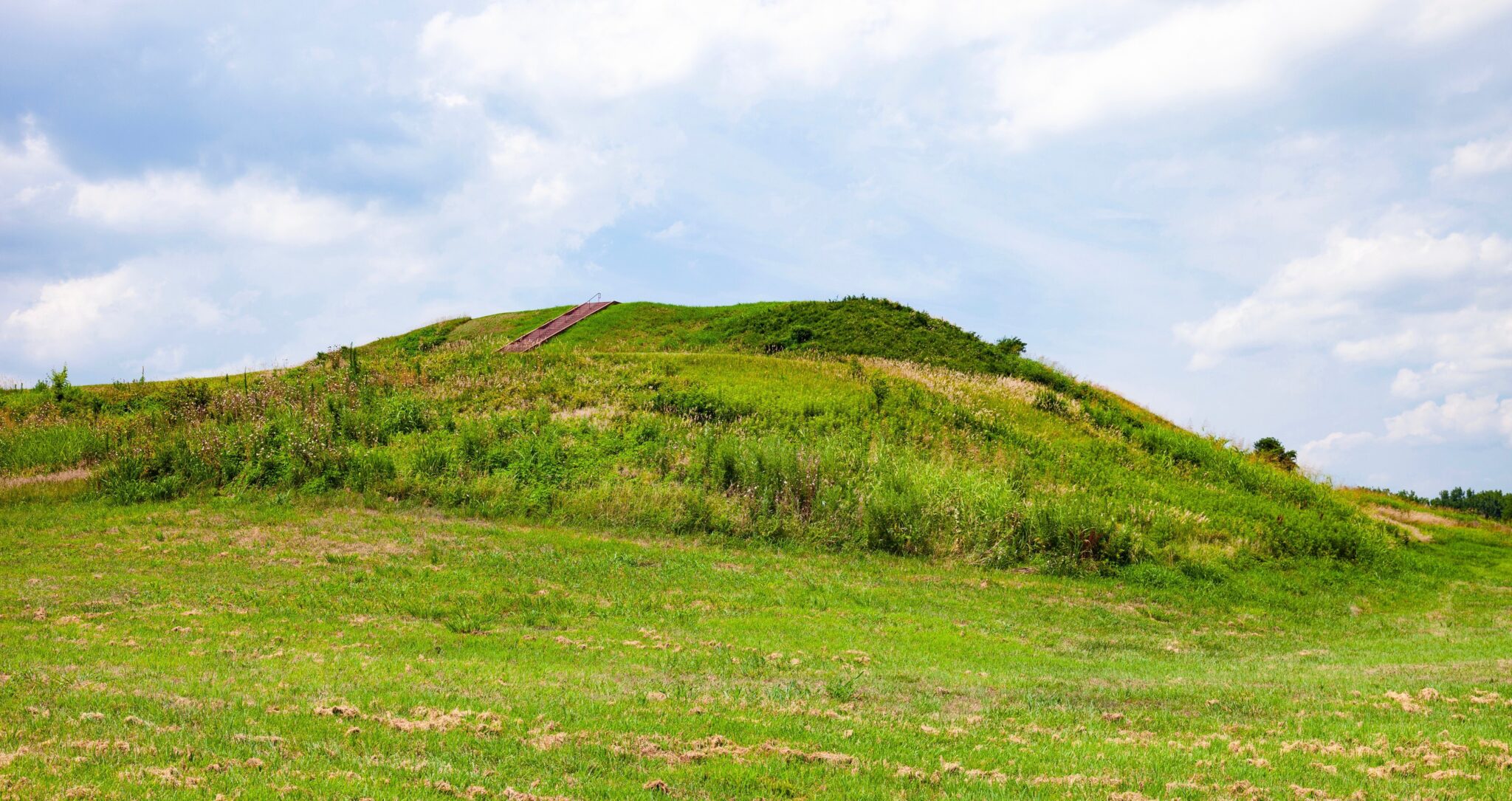
Ancient Feces Suggest North America’s First and Largest Pre-European City Fell to Climate Change

Climate change may have contributed to the fall of North America’s first and largest pre-European city — and the proof may be in the poop, researchers said this week. A new study published in the journal Proceedings of the Natural Academy of Sciences details how fecal records linked to Cahokia, one of the most prominent agricultural sites in North America, gives clues into how declining precipitation and serious flood events may have impacted the population of the city, which is located outside of modern-day St. Louis.
“Cultures can be very resilient in face of climate change but resilience doesn’t necessarily mean there is no change,” coauthor Sissel Schroeder said in a statement. “There can be cultural reorganization or decisions to relocate or migrate. We may see similar pressures today but fewer options to move.”
For a deeper dive: Newsweek, IFL Science, UPI, The Independent, Atlas Obscura
For more climate change and clean energy news, you can follow Climate Nexus on Twitter and Facebook, and sign up for daily Hot News.

 233k
233k  41k
41k  Subscribe
Subscribe 